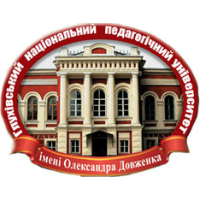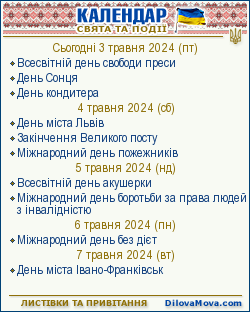Languages
MOROZOV S. O. First elections to the European Parliament based on the direct general voting in 1979
Integration processes within the European Union (EU) have taken place unevenly and with varying intensity throughout the history of this association. The period of accelerating the construction of the united Europe changed the time of slowing down or almost full stop. In addition, it was accompanied by the struggle of Community institutions and the collision of different approaches to the future of this formation. In this regard, we are especially interested in the period of the second half of the 60's - the first half of the 80's of the twentieth century, which was called the "Eurostagnation" or "Eurosclerosis". However, important qualitative changes that have influenced the way for all further EU integration occurred precisely at this difficult time. Conditionally it can be divided into two stages: until 1979 – the first direct elections to the European Parliament (EP), and since 1979 until the adoption of the Single European Act – the competition between the European Council (EC) and the European Parliament.
The holding general direct elections in the EP was on the agenda from the integration processes beginning. Article 138 (3) of the Rome Treaties provided for this practice implementation. As the EU founding fathers J. Monnet and R. Schuman considered the economic integration inside the Community is primary, the issue of electing the EP by direct universal suffrage was postponed. However, the crisis of the 1960's second half showed that further economic integration is impossible without deepening the political one. Therefore, in the 1970's, the reform of the electoral system and the first elections to the EP by universal direct voting were carried out.
The article studies trends in the formation of the EP, a single representative body of the EU, which is elected by direct general voting; the evolution of the system of elections in the EP of the times of the European Economic Community (EEC) is considered, namely: the process of transforming the EP into a truly representative body of the EU. The way for the electoral reform of 1976 is shown, the assessment of the changes within the Community by both parliamentarians and representatives of the participating countries and the various EU institutions. Particular attention is paid to the first general direct elections in the EP of 1979, their significance and consequences for the course of further European integration.
Key words: European Parliament, European Council, European Union, "Eurostagnation", general direct elections to the European Parliament, Georges Spenal, Altiero Spinelli.
- 811 reads





